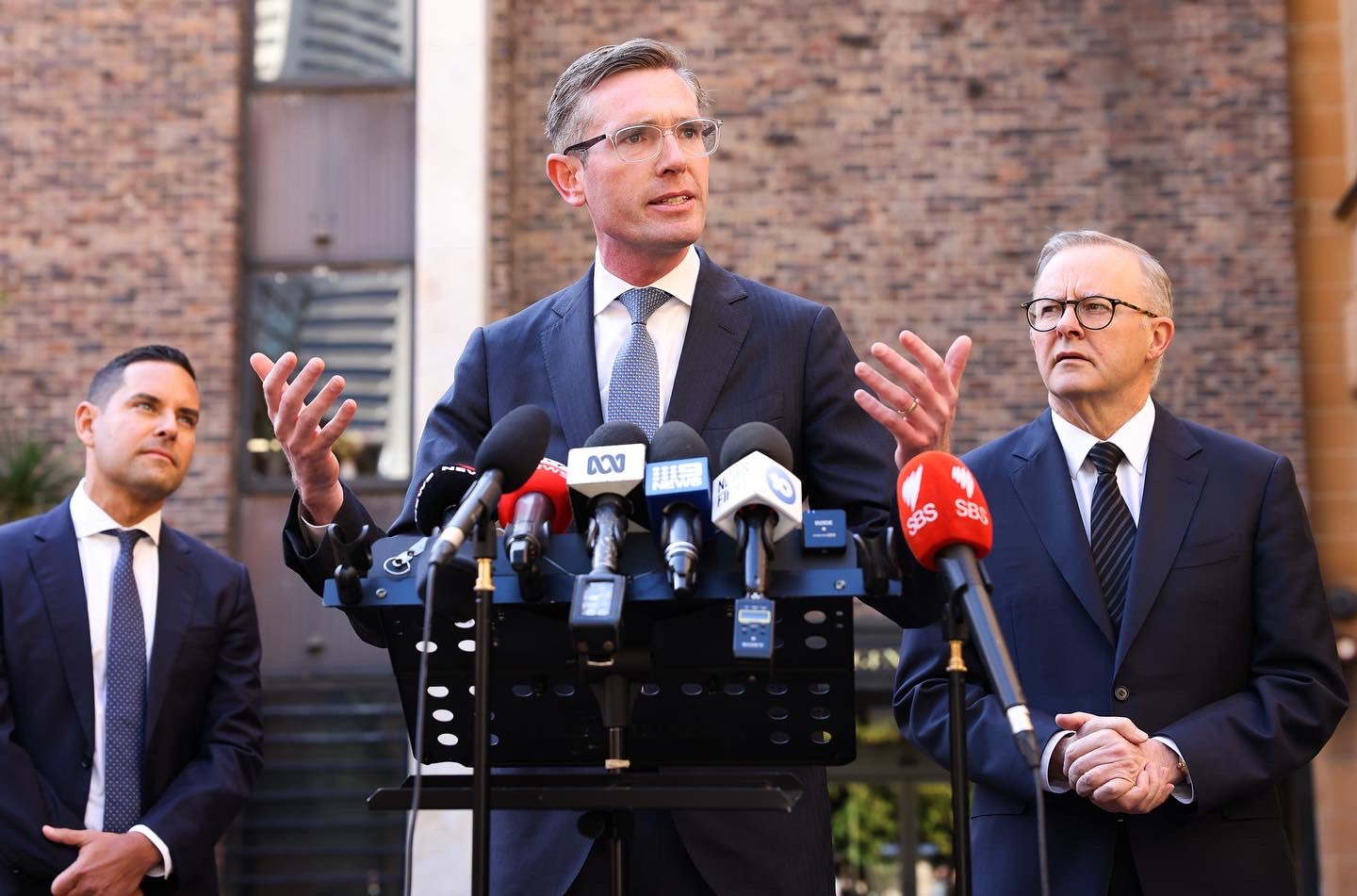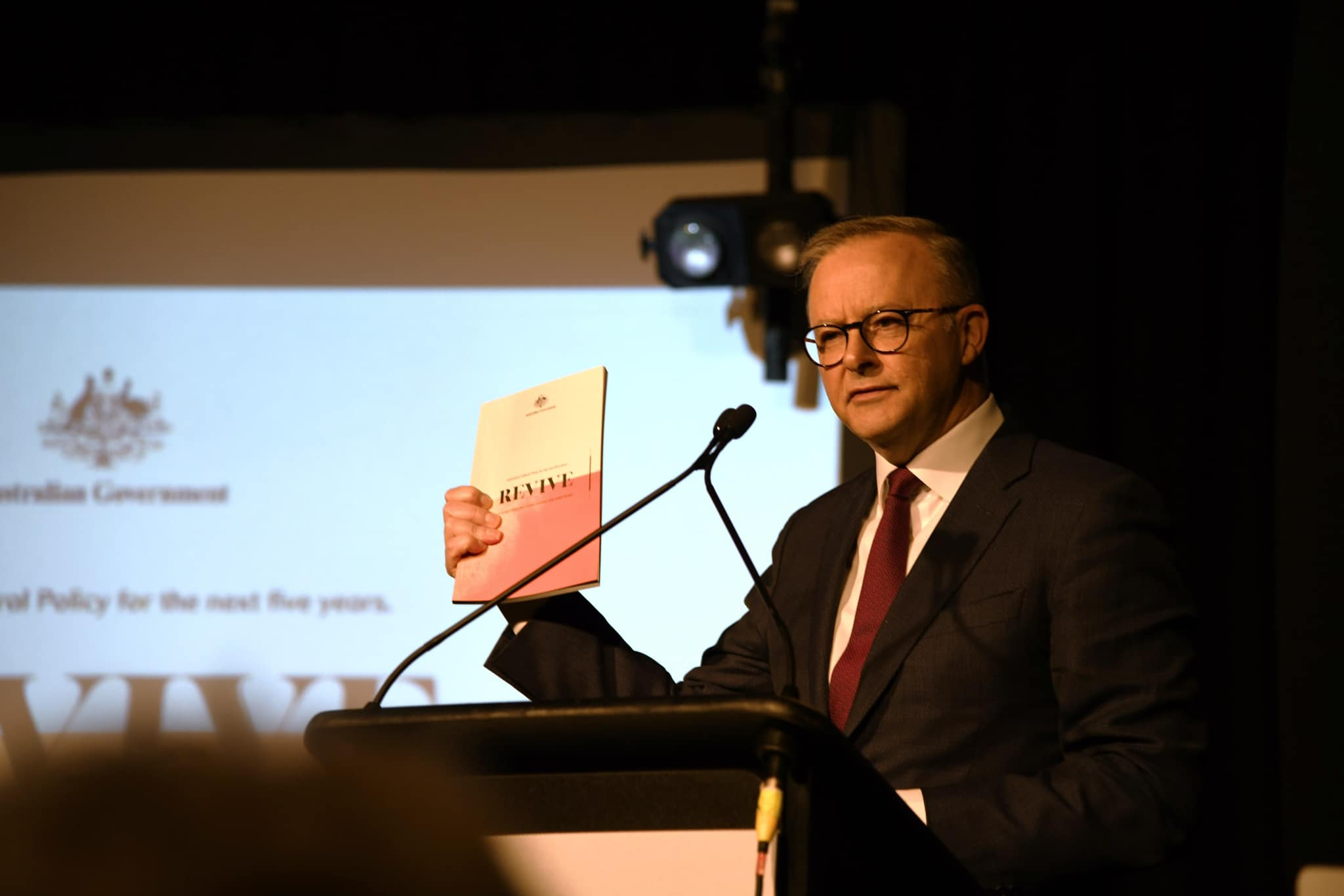Edge of the Crowd is excited to announce the relaunch of their politics podcast Edge of the Election.
Join us each week as our rotating cast tackles the biggest stories in Australian politics.
In this week's episode, Joel Duggan, Jason Gunst, Porter Mattinson and Ellie Claringbold look back at a very eventful February.
Pressure to raise the age of criminal responsibility is increasing, especially for Victorian Premier, Daniel Andrews.
Across Australia, children as young as 10 can still be put in prison. We question if the nation's incarceration of children is appropriate and has the desired effect.

Daniel Andrews said he isn't afraid to go it alone and raise the age of criminal responsibility. Will he follow through? (Photo credit: Facebook/Daniel Andrews)
In New South Wales claims of a branch stacking scheme have triggered both controversy and an inquiry.
While branch stacking is not illegal in Australia, it is frowned upon.
The team considers whether it's possible to keep the influence of special interests out of Australia's candidate pre-selection process and if US-style primary elections could offer a solution.

NSW Premier, Dominic Perrottet's (centre) brother has been accused of trying to unseat a Federal MP. Will this hurt the Liberal Party's chance of reelection when the state heads to the polls next month? (Photo credit: Twitter/Dominic Perrottet)
The United States announced a deal with the Philippines earlier this month that will allow the US to increase its military presence in the Southeast Asian country.
The move follows rising tensions between the US and China, provoking new concerns that conflict is imminent.
We discuss the potential consequences of the increased military presence and if the US can afford to do nothing.

US Secretary of Defense Lloyd J. Austin III announced the deal earlier this month. (Photo: Chad J. NcNeeley)
Joel walks us through Labor's new National Cultural Policy, Revive, and some of the history behind the policy.
He explains Labor's attempts to invoke a Whitlam-era celebration for the arts, and questions if this has been achieved.
The team then talks through the framing of the policy and what is missing, particularly wage guarantees for artists.

Anthony Albanese at the launch of the National Cultural Policy. Will the policy be enough to revive Australia's arts sector? (Photo credit: Twitter/Tony Burke)
We award Gaffe of the Week to Victoria's Assistant Treasurer, Danny Pearson, for his Commonwealth Bank shareholdings and question the Labor Party's decision to appoint him to the state's parliamentary privileges committee.
Finally, we ask the Queensland government to Please Explain their decision to introduce legislation to charge children with criminal offences for breaching bail conditions.
The legislation is incompatible with the state's Human Rights Act, but the government have suggested exceptional circumstances make the changes necessary.
